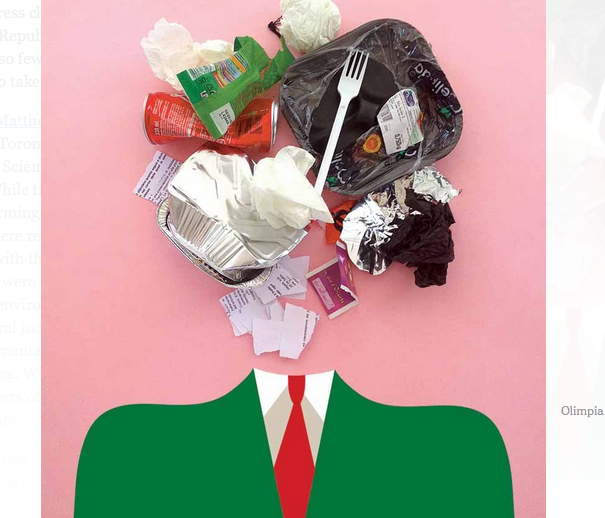PALO ALTO, Calif. — ACCORDING to a recent poll, a large majority of Americans, and roughly half of Republicans, say they support governmental action to address global warming. The poll, conducted by The New York Times, Stanford and the research organization Resources for the Future, stands in stark contrast to the vast partisan gulf in political efforts to address climate change. How could it be that so many Republicans view global warming as a problem, but so few on the right are pressuring the government to take action to address it?
A paper that Matthew Feinberg, a psychologist at the University of Toronto, and I published in the journal Psychological Science in 2013 suggests one answer to this puzzle: While the number of Republicans who say global warming is a serious problem has reached high levels, there remains a very large gap in moral engagement with the issue. We found that conservatives were less likely than liberals to describe pro-environmental efforts in moral terms, or to pass moral judgment on someone who behaved in an environmentally unfriendly way, for example by not recycling. Where liberals view environmental issues as matters of right and wrong, conservatives generally do not.
But why does this moral gap matter if most people now believe that global warming is a real threat? Other research has shown that people are generally reluctant to undertake costly political actions, even for a cause they think will be beneficial. After all, there are so many worthy causes competing for our time, effort and resources, and we can’t contribute to every one.
People think quite differently, however, when they are morally engaged with an issue. In such cases people are more likely to eschew a sober cost-benefit analysis, opting instead to take action because it is the right thing to do. Put simply, we’re more likely to contribute to a cause when we feel ethically compelled to. MORE
